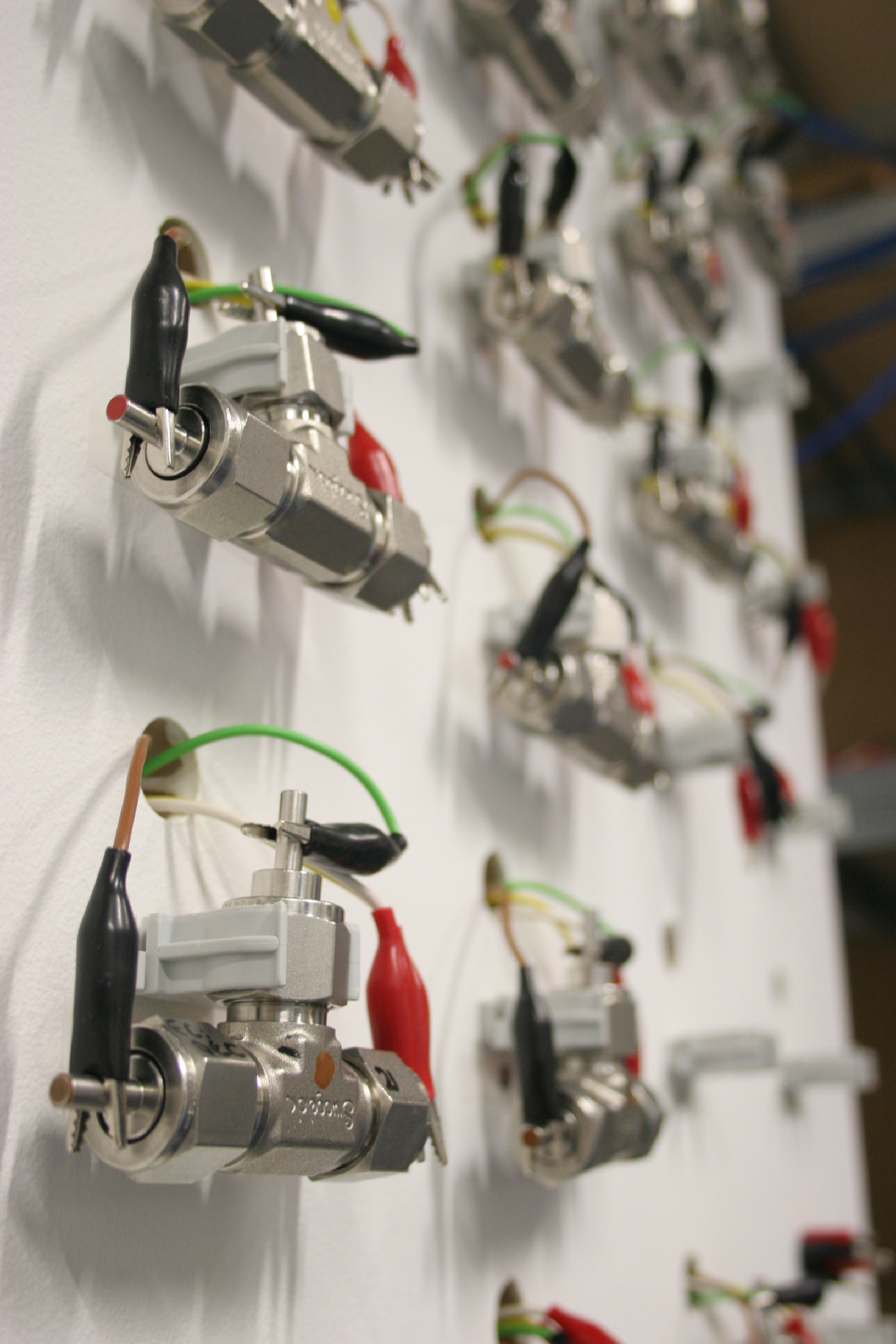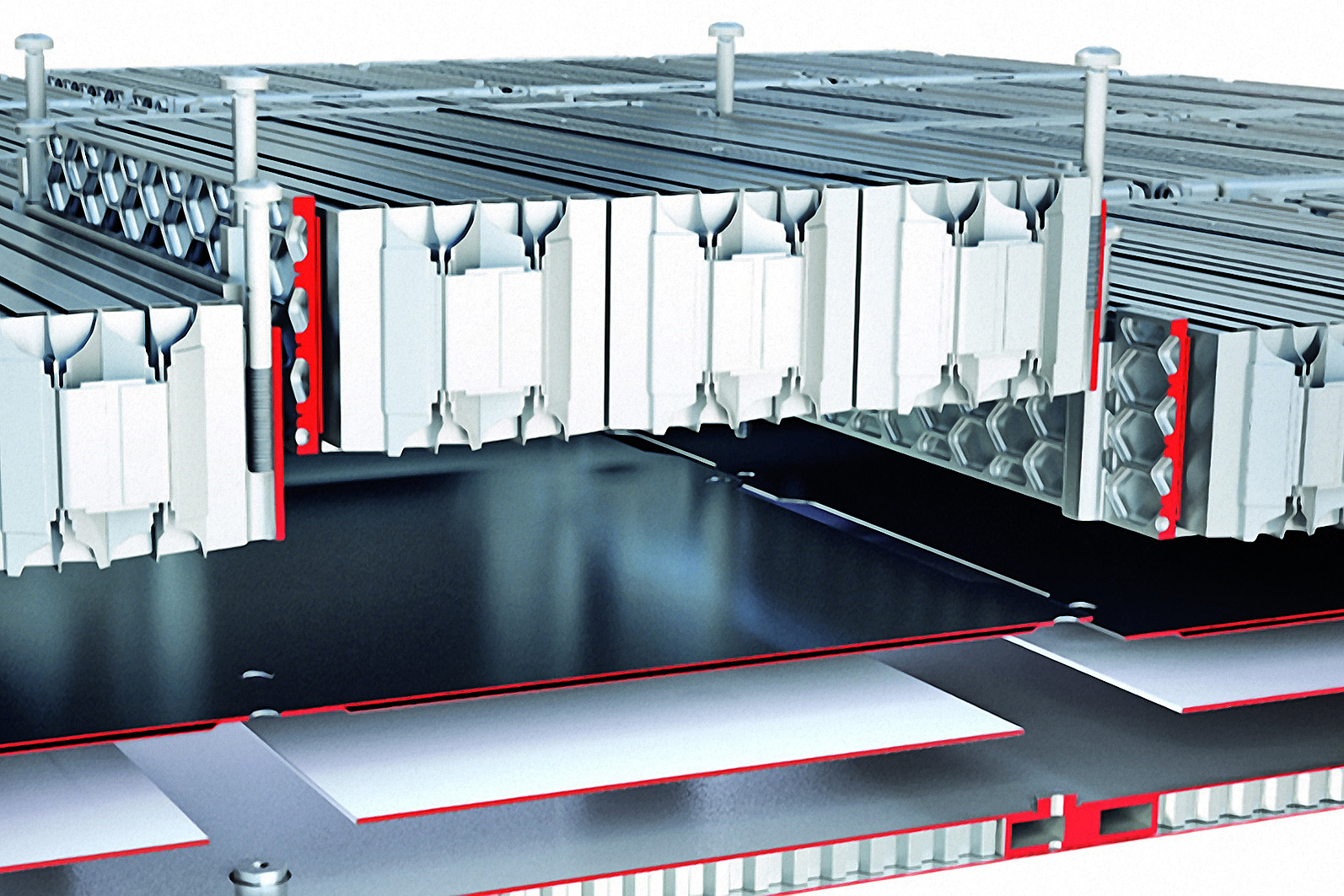CD Laboratory for Lithium batteries - ageing effects, technology and new materials
Head of research unit
Commercial Partner
Duration
Thematic Cluster


In this laboratory, the chemical processes in rechargeable (lithium) batteries are researched in detail, and new materials and management systems are used, for example, to extend the service life and shorten charging times. Possible applications range from portable electronic products to electric cars.
The relatively high storage capacities and fast charge carrier transport of lithium are promising prerequisites for the development of new energy storage systems.
The electrochemical processes that take place during the charging and discharging of a battery under different operating conditions are very complex from a materials science perspective. Gaining a better understanding of these processes, characterising and quantifying them and, ideally, simulating them on the basis of experimental data will contribute to the development of new and better energy storage systems.
This is where this laboratory comes in: The chemical and (solid-state) electrochemical processes in batteries are analysed in detail. What influence do temperature, the time of recharging or calendar and operational ageing have? Effects that are responsible for ageing phenomena, for example, are identified and characterised.
A variety of imaging and spectroscopic techniques are used for this purpose, a combination that is almost unique in the European research area:
In addition to methods for (solid-state) electrochemical characterisation, such as impedance spectroscopy, this also includes high-resolution methods for structural elucidation. The available pool of methods is completed by the use of nuclear magnetic resonance spectroscopic methods, which can be used to analyse local electronic structures as well as the mobility of lithium ions in the battery.
Research into the fundamental processes provides the scientific basis for further improving the service life, performance and safety of energy storage systems. One of the long-term goals is the development of intelligent battery management systems which, for example, control the charging processes of a battery with a view to optimising its use.
Another goal is the development of new materials and storage concepts, e.g. with high-capacity anode materials.
The demand for modern electrochemical systems for energy storage will continue to rise sharply. Lithium batteries, for example, are increasingly seen as the technology of choice for the next generation of electric cars. They are the subject of intensive international research. A comprehensive understanding of the electrochemical processes will help to develop new storage systems and improve existing concepts in order to further increase the performance, service life and stability of batteries.

Christian Doppler Forschungsgesellschaft
Boltzmanngasse 20/1/3 | 1090 Wien | Tel: +43 1 5042205 | Fax: +43 1 5042205-20 | office@cdg.ac.at


